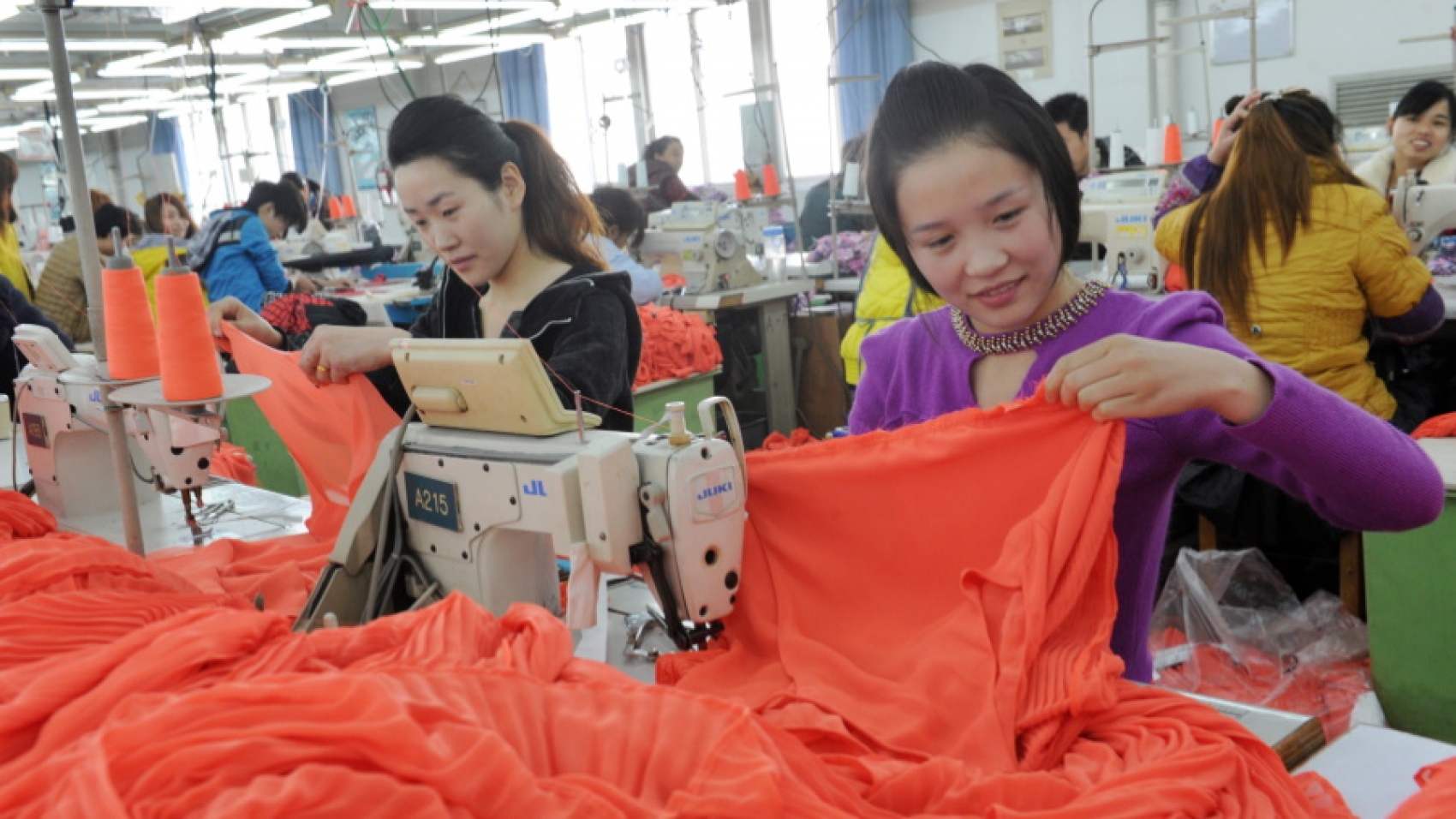The Regional Comprehensive Economic Partnership (RCEP) agreement will bring investments into Myanmar and create jobs but is expected to heighten competition for small enterprise, business people say. The RECP, the world’s largest free trade agreement, was signed by Myanmar and 14 other Asia-Pacific countries on Sunday. It covers the 10 member states of the Association of Southeast Asian Nations (ASEAN), of which Myanmar is part of, as well as the People’s Republic of China, Japan, South Korea, Australia and New Zealand. The deal represents around 30 percent of the world’s population, 30pc of global GDP and about 28pc of international trade.
Myanmar will try its best to implement the RECP provisions, said State Counsellor Daw Aung San Suu Kyi. U Than Aung Kyaw, director genereal of Foreign Economic Relations Department, said the RECP will play a key role in establishing free trade areas and will boost reforms in e-commerce, government procurement and intellectual property rights. The Union of Myanmar Federation of Chambers of Commerce and Industry’s (UMFCCI) vice president U Maung Maung Lay said the deal will bring about more attractive tax rates for businesses, benefit consumers and pave the way for globalization. Living standards will improve and there will be more competitive measures. It will reduce corruption and create more job opportunity. There will be a better supply chain and prices of products will be cheaper for high import volume. Myanmar needs to support small enterprises to develop and become more competitive, or else outside players will dominate the local market.
Myanmar’s manufacturing capacity and worker skills need to improve and have a good environment. Get rid of red tapes and welcome businesses with red carpet. The RECP programme could also be a timely remedy to support Myanmar’s recovery from the COVID-19 shock next year, facilitating trade and investments. The economics shock from COVID-19 has dealt a heavy blow to an already difficult situation for tourism, food and beverage and retail businesses, which had been hit by lower tourist arrivals caused by the northern Rakhine crisis. But foreign investment approvals in the fiscal year ending September 30 recorded the highest amount over the past five years.
Producers in Myanmar will also have access to bigger markets under the RCEP deal. But the business environment and e-services need to catch up. The government’s special car import licenses for officials, announced in September, has come under attack by business groups and opposition politicians for undermining Myanmar’s FDI environment and hurting automotive investors. According to the RCEP, Cambodia, Laos and Myanmar will enjoy special arrangements regarding tax and customs reductions. Member countries covered by RCEP will have to reduce 65pc of customs for all goods, but the three frontier economies will only need to lower 30pc. After 10 years, the other countries will have to reduce customs taxes to 80pc in total but it will only apply to Myanmar in 15 years’ time.
Source: Myanmar Times

